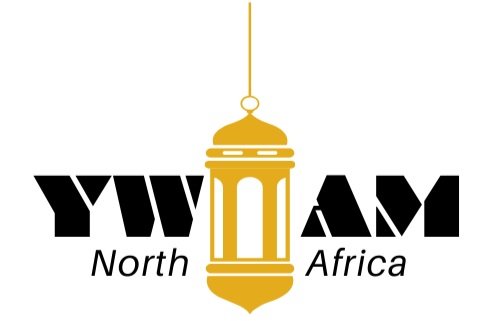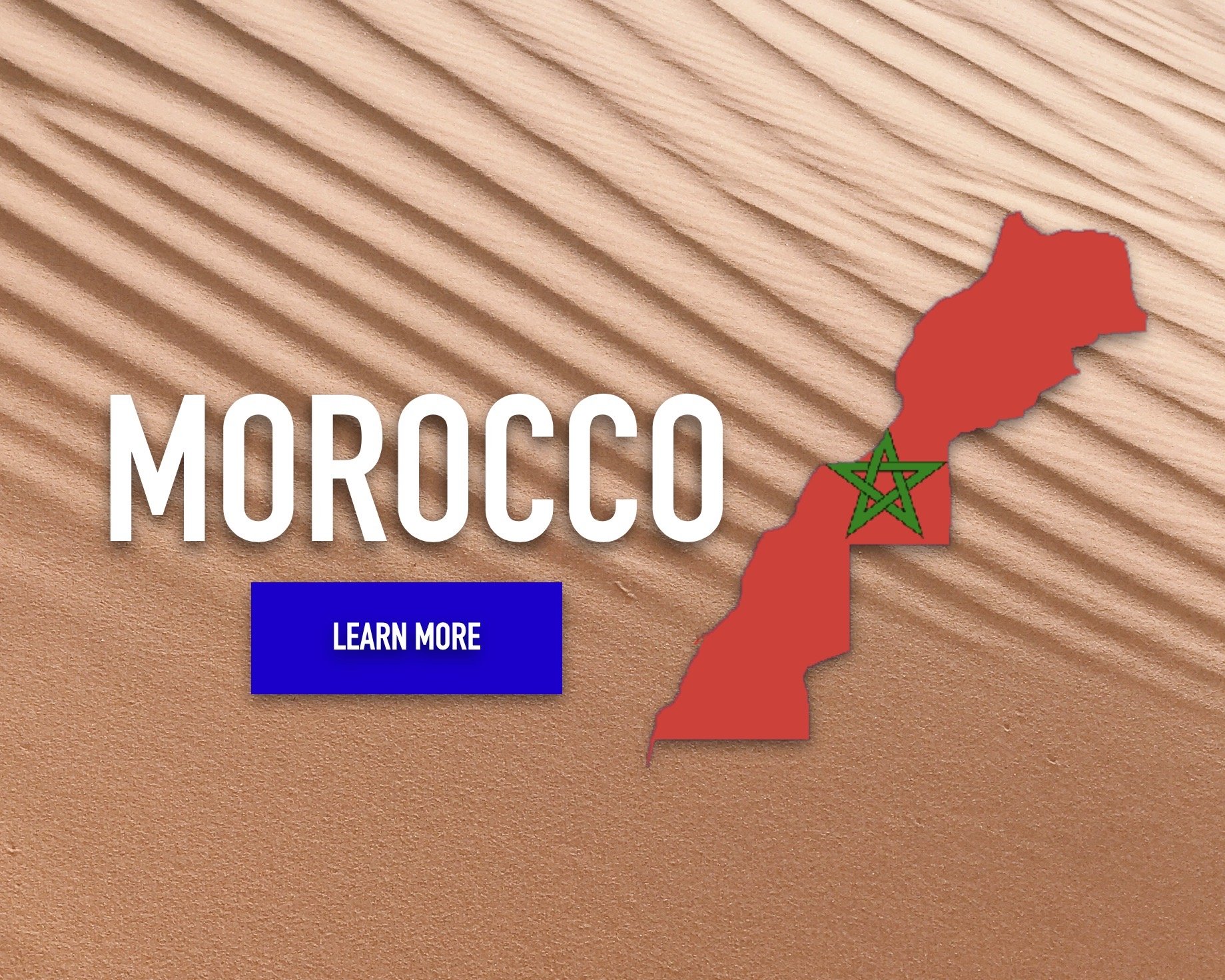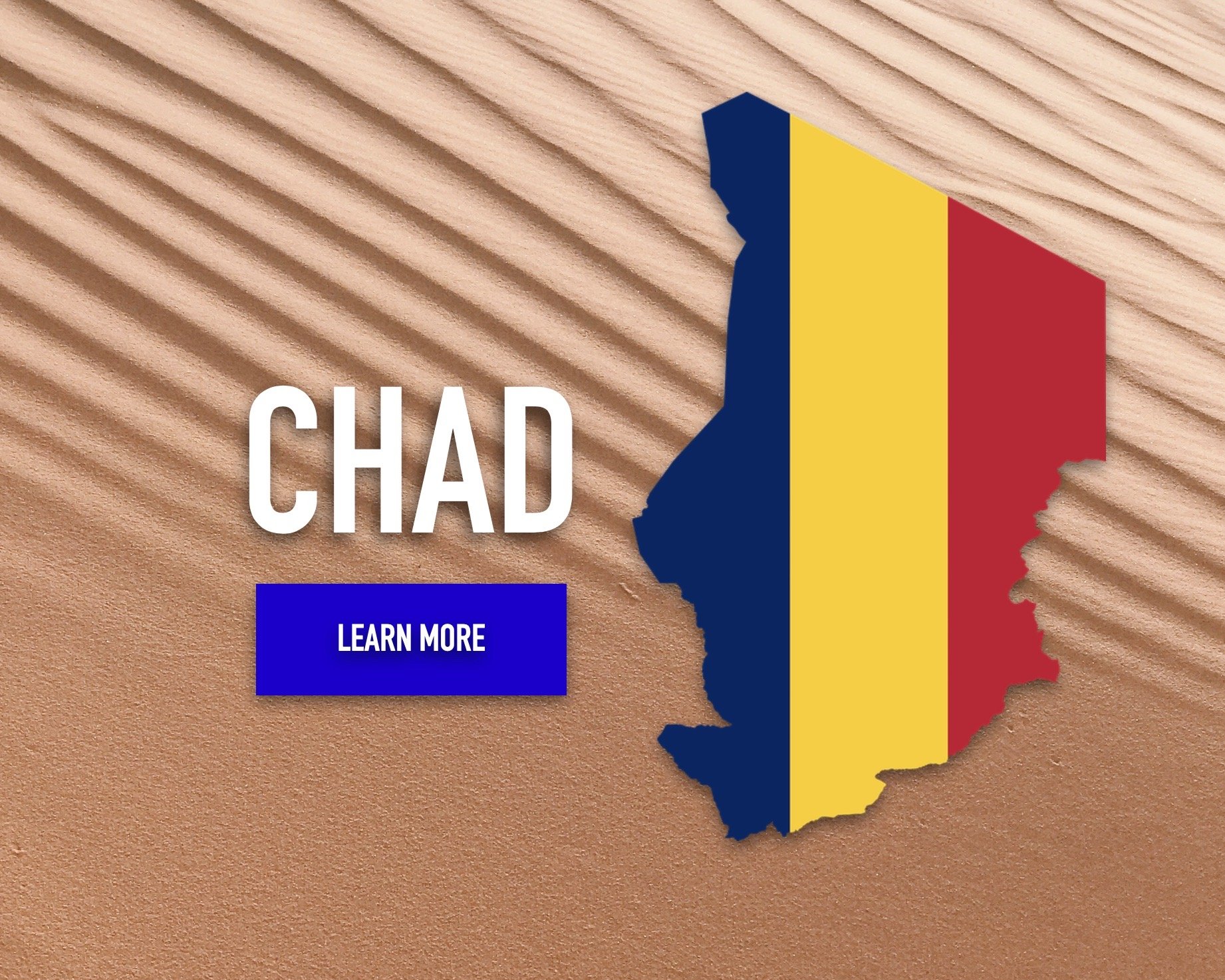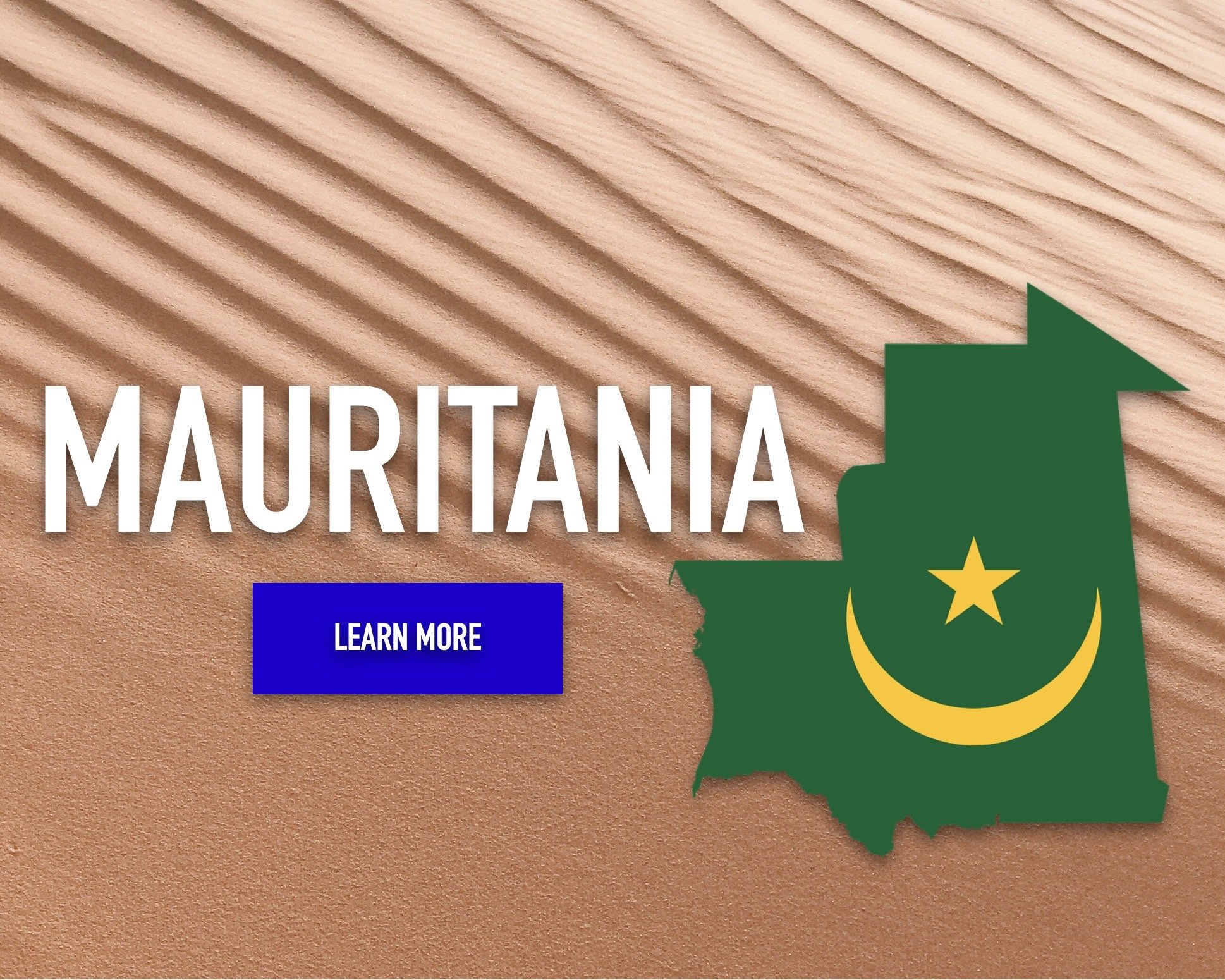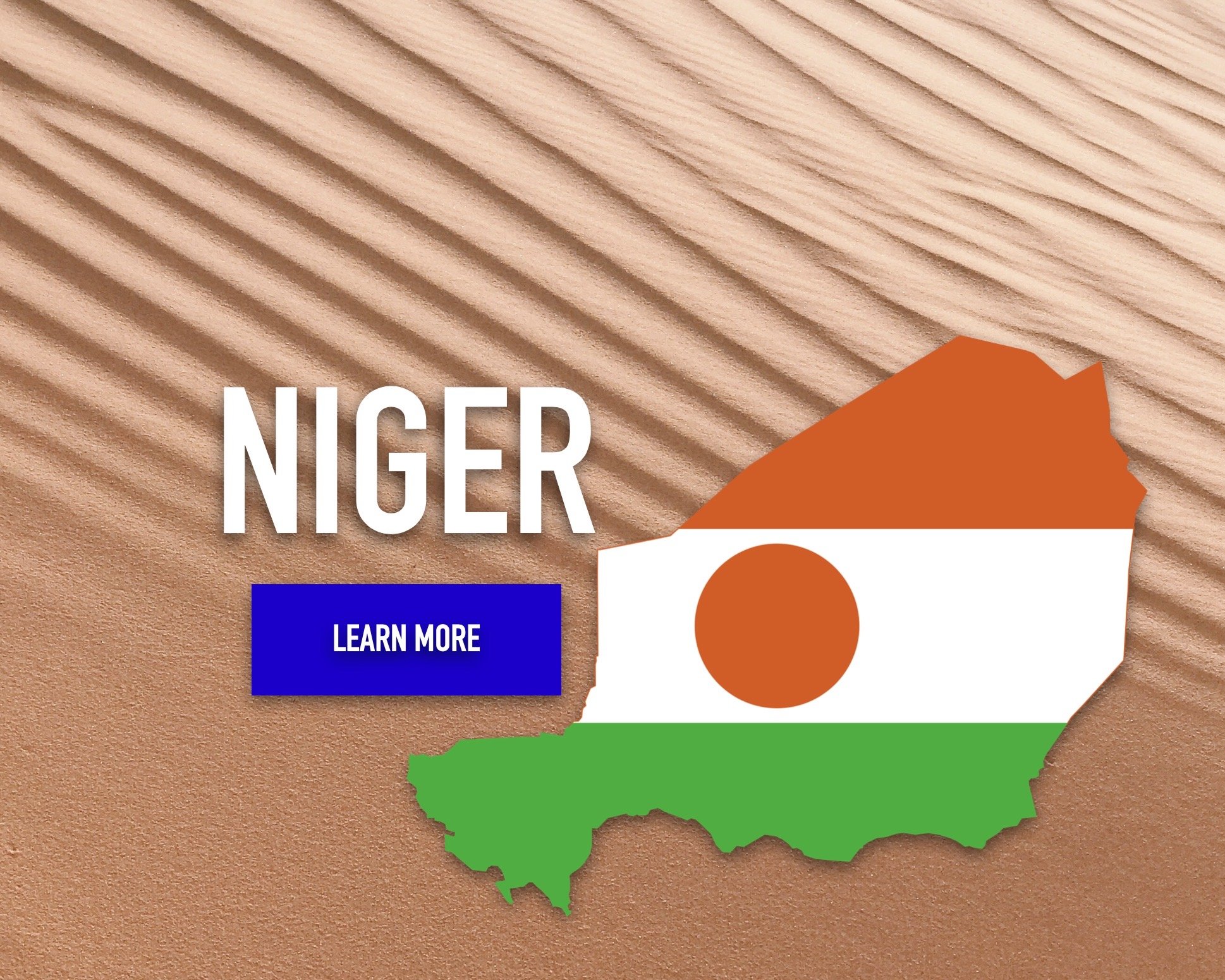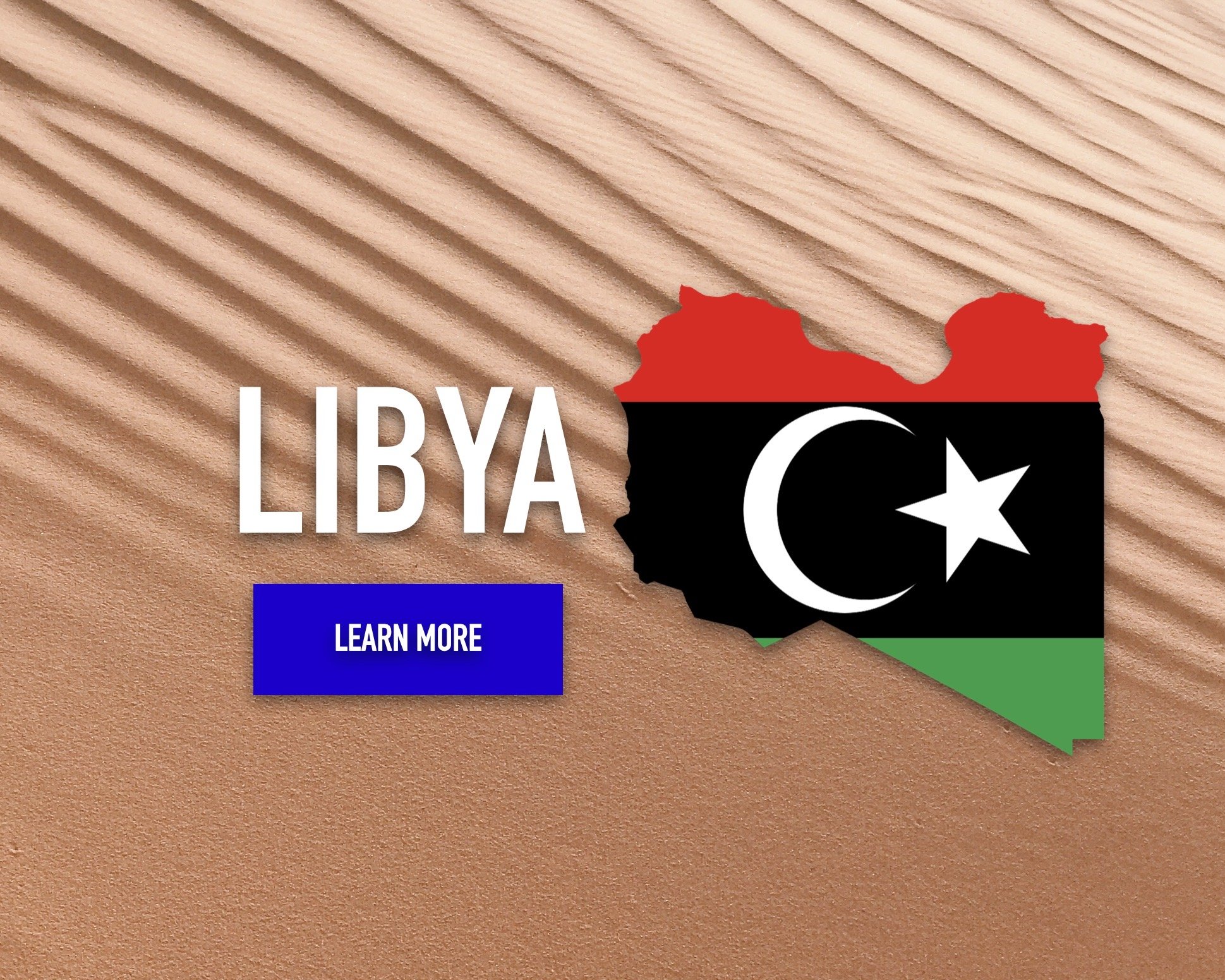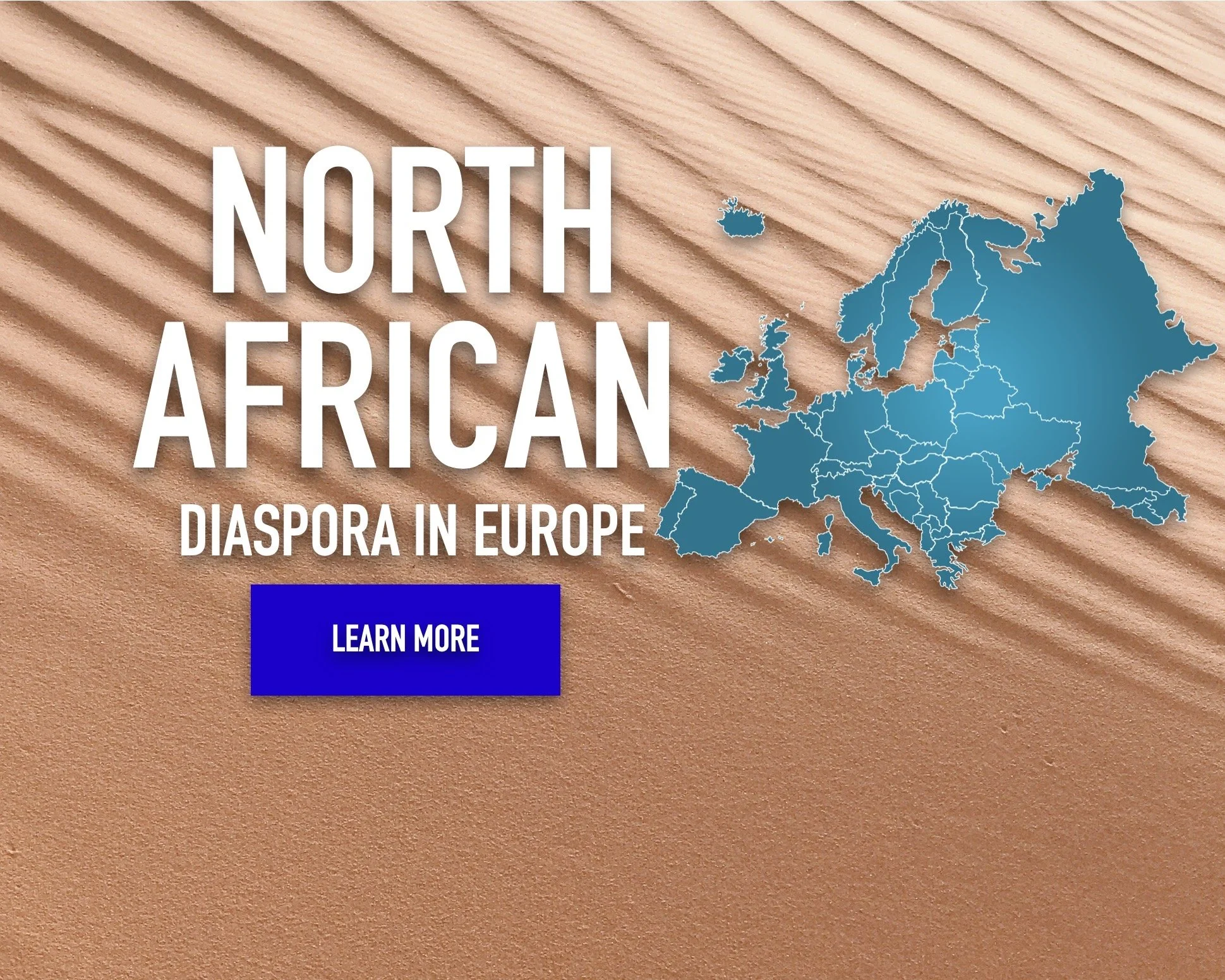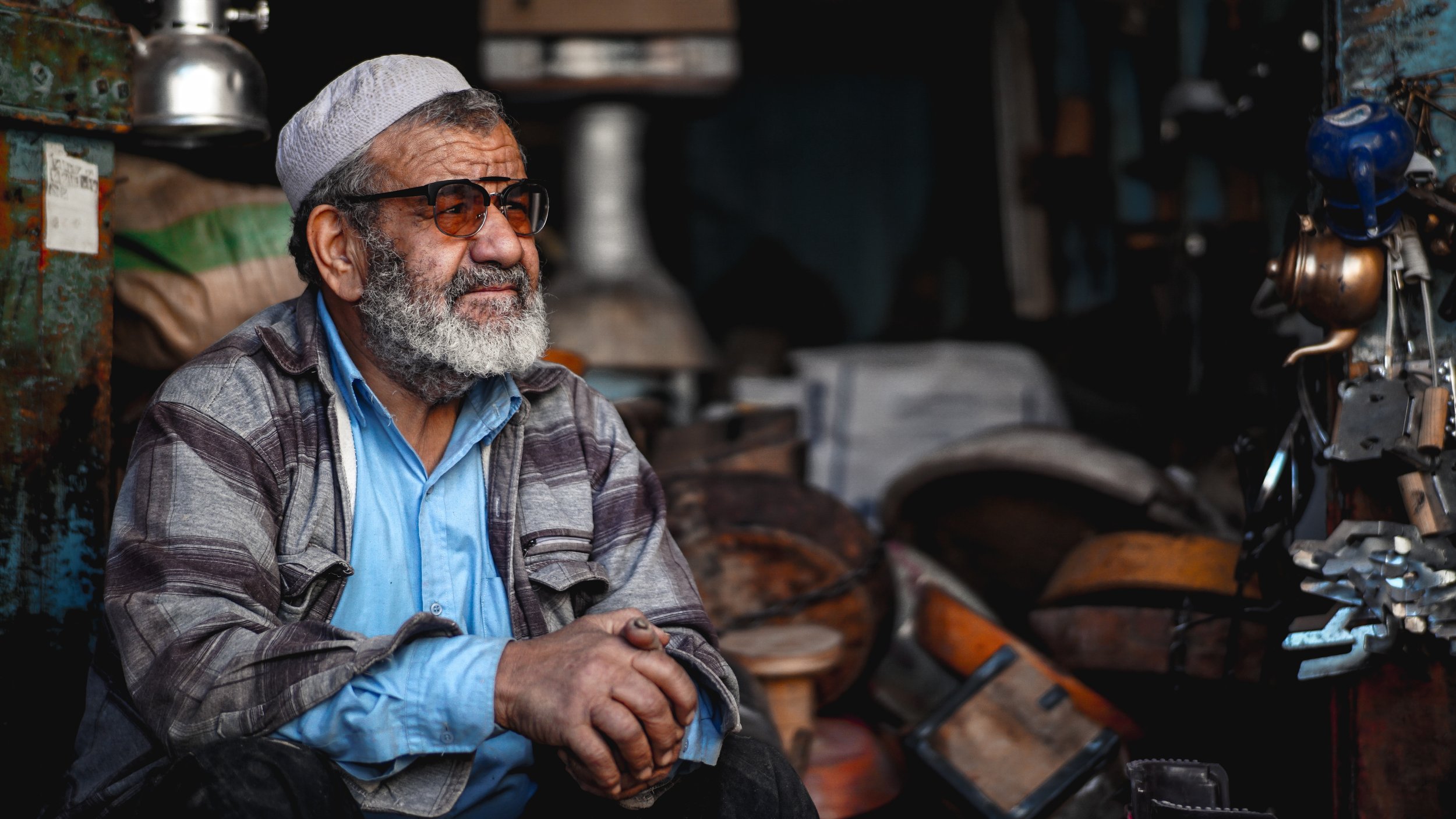
Algeria
Algeria
Africa’s largest country, Algeria, is full of diversity.
The north is covered by stunning coastlines inhabited by many peoples including the Algerian Arabs. Central Algeria is full of beautiful mountains and plateaus home to many diverse tribes including the Kabyle Berbers. The Sahara Desert covers a large portion of southern Algeria and is sparsely populated by people groups such as nomadic Tuareg tribes and Saharawi refugees.
The needs in Algeria are as diverse as the landscape and people groups found there - from ministering to refugees and catalyzing reconciliation to discipleship of believers and helping those in chaos find the peace of Jesus.
Pray that Africa’s largest country would be Africa’s biggest blessing.
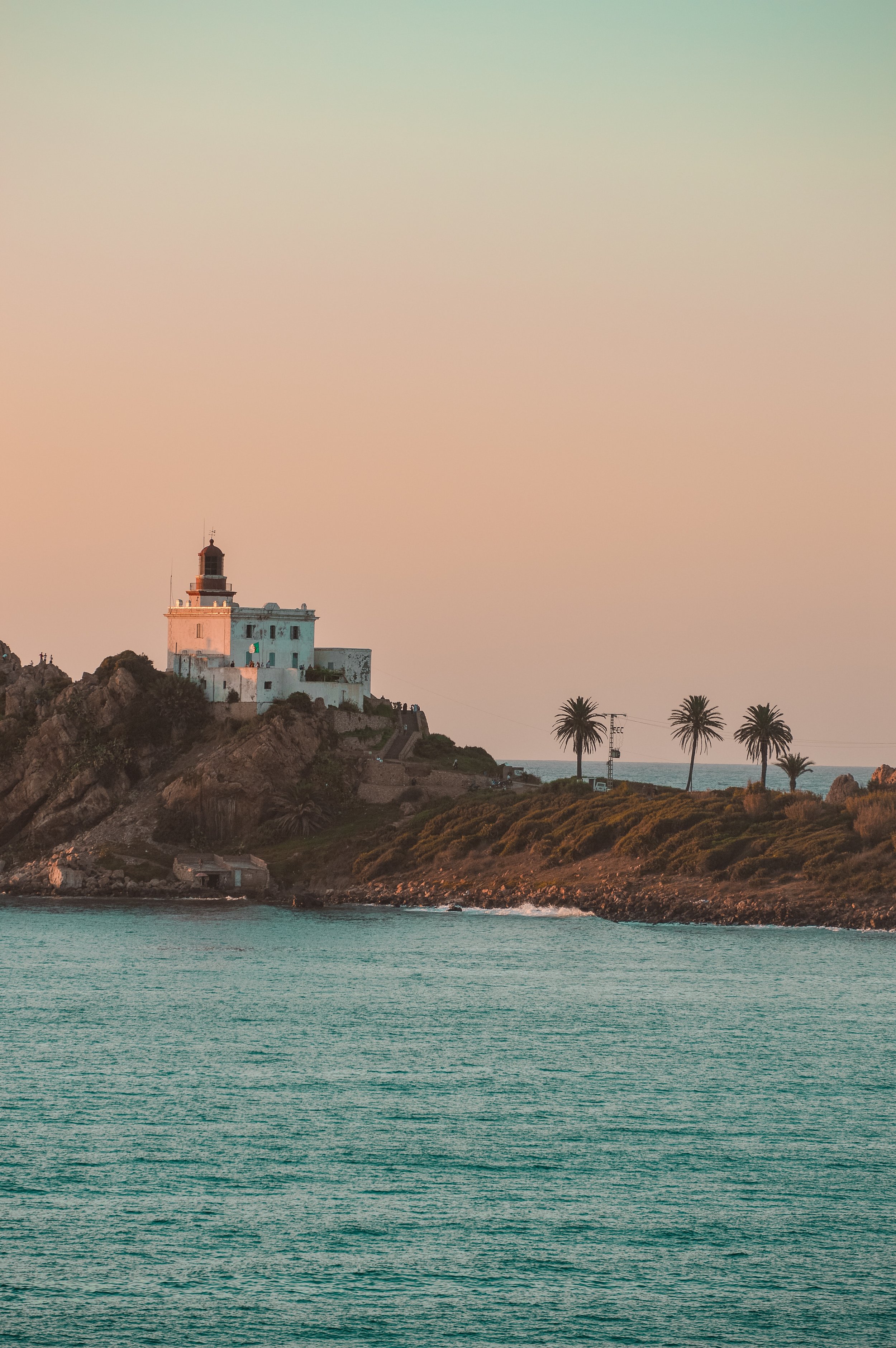
HOW IS GOD CALLING YOU TO BE PART OF WHAT HE IS DOING IN Algeria?
Whether you want to send your outreach team, visit for yourself, or adopt Algeria in prayer, let us know how we can help you take the next steps on your journey!
Please reach out for more information on travel opportunities, how to pray, or just to say hi.
Pray Now!
The largest nation in Africa, Algeria has faced problems nearly as big. The Berbers, a native people of North Africa, were the nation's first inhabitants and lived at peace until the 5th century B.C., when Algeria first experienced foreign influence. Islamic expansions during the 8th and 11th centuries were highly influential, as the new religion and Arabic language were brought to the region. French colonial rule, which began during the 19th century, brought expressive French ethos and socialist ideas, which similarly affected Algerian culture and thought.
Algerians rebelled against French rule during the mid 1950s, and though independence was gained in 1962, millions of people died in the years preceding autonomy. Upon independence, socialist governments with strong militaristic loyalties controlled Algerian policies and trade. The large oil and natural gas deposits found within Saharan lands were hopeful assets for economic growth. Unfortunately, low petroleum prices left Algeria's economy faltering. During the 1990s, brutal civil war ensued between military forces and Islamist militants. The struggle for political control cost the lives of over 100,000 people. Islamist factions continue to emerge, and the government, which identifies itself as Islamic, is making concessions to these extremists at alarming rates.
The heavy influence of Islam in Algeria and the government's promotion of extremist ideals continue to color the nation's spiritual climate. Algerian Christians face systemic persecution through laws making all non-Muslim worship illegal. Even so, Christianity is expanding despite increasing opposition, with some estimating there are 100,000 believers in Algeria today! Congregations composed of Arab, Berber, and foreign believers are experiencing great unity and exhibit a vibrant national expression of faith. Pray that God would continue to move mightily in Algeria, drawing many to himself through the witness of bold believers and effective missional efforts to Muslim neighbors.
